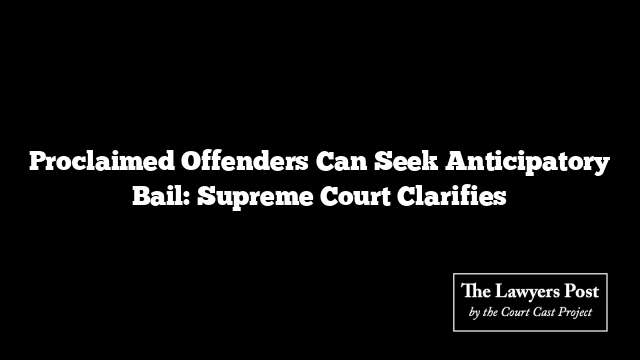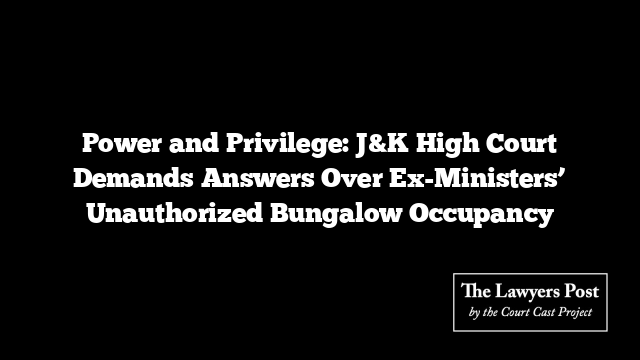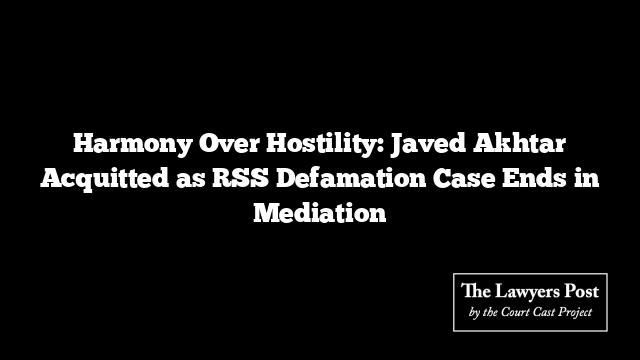The Supreme Court has ruled that being declared a proclaimed offender under Section 82 of the Code of Criminal Procedure (CrPC) does not automatically disqualify an individual from seeking anticipatory bail.
A bench comprising Justices M.M. Sundresh and Aravind Kumar emphasized that each case must be assessed on its unique merits. “It is not as if in all cases there will be a total embargo on considering the application for anticipatory bail,” the Court noted, urging a nuanced approach based on the nature of the offence, circumstances of the case, and the reasons for the proclamation.
The case arose from allegations of mistreatment leading to a woman’s death. The appellant, mother of the deceased’s husband, sought anticipatory bail, contending her non-involvement and arguing that custodial interrogation was unwarranted. Her son, already in custody, faced direct accusations, while the appellant claimed no active role in the alleged offences.
Prosecution arguments against the appellant’s bail plea hinged on her status as a proclaimed offender, asserting that this should prevent her from availing anticipatory bail. The Court disagreed, highlighting that such declarations do not inherently bar judicial consideration of bail pleas.
Balancing the individual’s liberty against the gravity of charges, the Court observed that the appellant demonstrated a willingness to cooperate with investigators and noted that she had not been summoned for interrogation. As a result, custodial detention was deemed unnecessary.
The Court allowed the appellant’s anticipatory bail with strict conditions, including full cooperation with the investigation. It also granted the prosecution the liberty to seek cancellation of bail if conditions were violated or if any threats to witnesses emerged.
This decision reinforces the judiciary’s commitment to safeguarding individual rights while ensuring justice, particularly in cases where procedural declarations risk overshadowing a fair assessment of circumstances.





